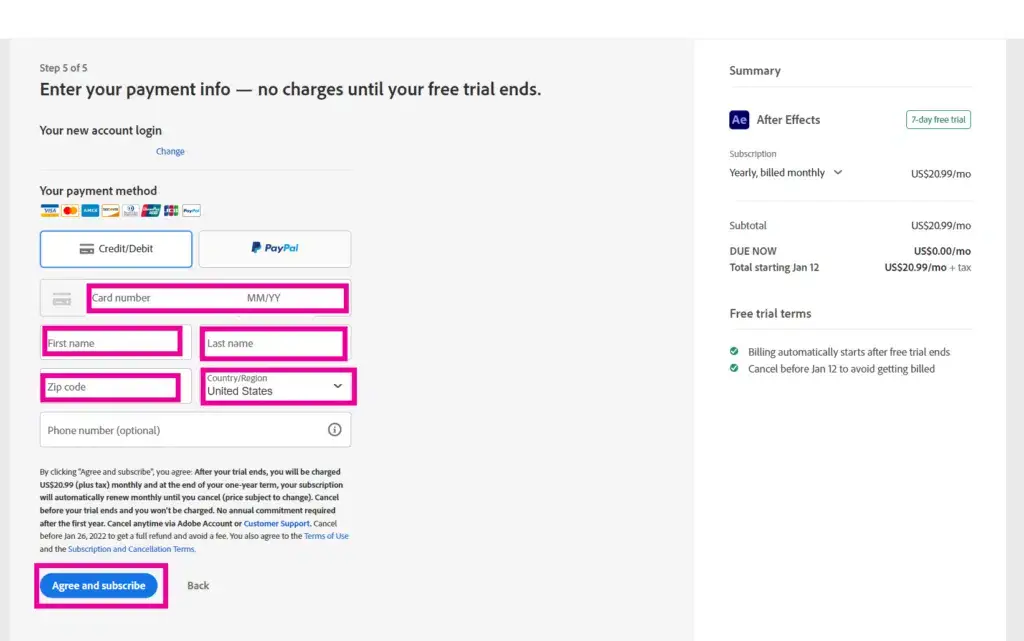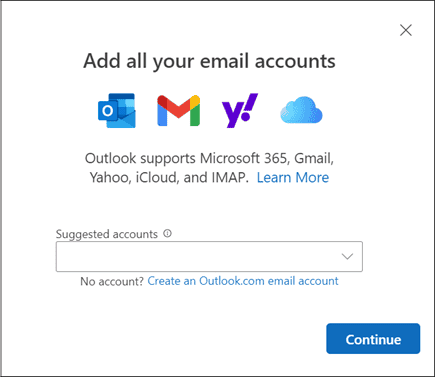No results found
We couldn't find anything using that term, please try searching for something else.

What is Virtual Private Networks (VPNs)?
2024-11-13 Virtual Private Networks is is ( VPNs ) ?The Importance of VPNs in Today's Digital World: Protecting Your Identity, Activities, and Data from Online T
Virtual Private Networks is is ( VPNs ) ?
The Importance of VPNs in Today’s Digital World: Protecting Your Identity, Activities, and Data from Online Threats
Virtual Private Networks (VPNs) are a cornerstone of
cybersecurity
and increasingly vital in the modern digital age. With our activities becoming more and more entwined with the web, cybersecurity is a paramount concern. Through connectivity spanning wide ranging areas of our lives, the constant risk lies in our personal and sensitive information potentially falling into the wrong hands due to lack of secure networks.
This is the scenario where
Virtual Private Networks (VPNs)
come into play. Fundamentally, a VPN is a private network that is layered on top of the public internet. The primary function of a VPN is to create a secure connection to another network over the internet. It enables users to send and receive data across shared or public networks as if their devices were directly connected to the private network. This means you can be in a cafe using a public Wi-Fi, but your VPN will transform it into a secure private connection.
Delving deeper, VPNs primarily work by establishing a virtual point-to-point connection through the use of dedicated circuits, or by tunneling protocols over existing networks. A major characteristic feature of such a secure connection is that it provides a shielding layer to the underlying network traffic to ensure sensitive data is protected from malicious entities.
VPNs use encryption and protocols to secure your data, making it unreadable and effectively invisible to hackers, snoopers, or anyone else who might try to access it without
authorization
. This
encrypted connection
is sometimes referred to as a VPN tunnel—your data enters the tunnel at one end and emerges at the other, unscathed with its original integrity preserved.
VPNs also conceal the
IP address
of your device. An IP address is like a return address for your Internet traffic—it’s a distinctive identifier that links online activity back to you. VPNs mask your IP address, so your online actions are virtually untraceable. In this way, VPNs enable
anonymous browsing
by making it seem as though you are accessing the internet from a location other than your own, thus protecting your identity online.
While effectively protecting your data in transit, a VPN isn’t a standalone cybersecurity solution. It does not provide complete protection from
viruses
or other forms of
malware
. This is where
antivirus software
comes into the picture. Antivirus software is designed to detect, prevent, and remove malware from your systems. When coupled with a VPN’s
data encryption
capacities, it forms a formidable defense shield against
unauthorized data access
, malware threats , cybersecurity attacks .
VPNs work to create a hidden highway on the internet which provides additional layers of security, privacy and freedom when online. The critical role of VPNs in safely and securely transversing the digital world—in conjunction with powerful antivirus software—makes individuals and corporations less vulnerable to cyber threats.
As our dependence on digital platforms continues to grow, adopting the right digital hygiene practices indefinitely involves the use of VPNs and antivirus software. Used properly, VPNs can add strong layers of digital protection, enhancing the privacy and security of your activities in the cyber world.
Virtual Private Networks (VPNs) FAQs
What is a virtual private network (VPN)?
virtual private network is is ( VPN ) technology creates secure encrypted connection public network , internet . It is allows allows users access resources services internet securely , protecting privacy hiding IP address online activities .
How does a VPN protect against cybersecurity threats and viruses?
A VPN encrypts all the data that passes through the network, making it unreadable to anyone who intercepts it. This includes sensitive information such as login credentials, financial transactions, and personal data. By using a VPN, users can prevent hackers, malware, and other cyber threats from accessing their data or infecting their devices.
What are the benefits of using a VPN?
The benefits of using a VPN include enhanced security, privacy, and anonymity online. It can also allow users to bypass censorship or geo-restrictions, as well as improve the speed and reliability of their internet connection. Additionally, many VPN services offer additional features such as ad-blocking, malware protection, and automatic kill switches to further enhance their users’ online security.
How do I choose the best VPN for my needs?
When choosing a VPN, it’s important to consider factors such as security, speed, privacy features, server locations, and compatibility with your devices. Additionally, it’s recommended to choose a reputable VPN provider that has a strong track record of protecting user privacy and security. Reading reviews and comparing different VPN services can also help you find the best option for your needs.





![How to Become a Cloud Engineer: A Complete Guide [2024]](/img/20241124/Ik9FHn.jpg)